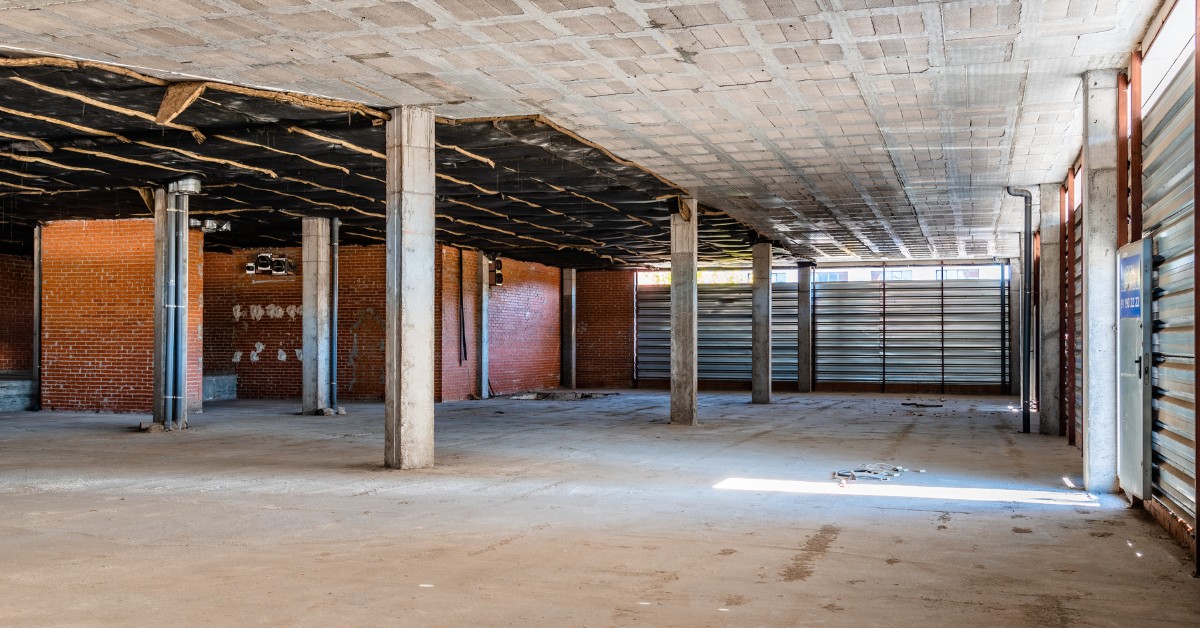When running a business, one of the biggest decisions you’ll make is where it operates. The right space can help things run smoothly, while the wrong one can slow everything down. Commercial rentals—whether offices, shops, or warehouses—play a huge role in shaping how a business grows.
It’s not just about finding a place that looks good. It’s about matching the property to what the business really needs, from location to cost to flexibility. Here’s a breakdown of what every business owner should keep in mind when renting commercial property.
Understand the Type of Space You Need
Every business has different space requirements. An office suits companies that need a professional environment for meetings and daily work. Retail space is better for businesses that rely on customer walk-ins, such as clothing shops or cafés. Warehouses are important for companies that handle stock, distribution, or logistics.
In Singapore, warehouses are in high demand because of the city’s role as a trading and logistics hub. If you’re running an e-commerce business or moving products around Asia, you’ll likely need to rent warehouse in Singapore at some point. These spaces aren’t just for storage—they’re designed to support the movement of goods and can be essential to keeping supply chains running smoothly.
Knowing exactly what kind of property fits your business will save money and prevent renting a space that doesn’t work long-term.
Location Really Does Matter
The saying about location being everything isn’t just for homes. It’s just as important for businesses.
For retail spaces, being in a high-traffic area can make a huge difference. A shop in the middle of a busy district will attract more customers than one hidden in a quiet corner. Offices often benefit from being near public transport links so employees can commute easily. Warehouses work best when they’re close to ports, highways, or airports for quick distribution.
Think about who needs to reach your business—customers, suppliers, or staff—and choose a location that works for them.
Know the True Costs Before Signing
Rent isn’t the only cost to consider. Many commercial properties come with extra expenses such as service charges, utilities, insurance, and maintenance fees. On top of that, you might need to spend money setting up the space so it’s ready for your business.
Before signing a lease, make sure you’ve worked out the full cost, not just the monthly rent. This helps avoid surprises and ensures the property actually fits within your budget.
Think About Flexibility
Businesses grow and change, and your property needs might change too. A shop that feels perfect now could be too small in a couple of years. An office might need more meeting rooms if your team expands. Even warehouses may need to scale up if your sales increase.
When looking at commercial rentals, check how flexible the lease terms are. Some landlords allow adjustments or offer shorter contracts so you’re not locked into a space that won’t suit you in the future. Having that flexibility can save money and stress.
Legal Details Matter
Commercial leases are different from renting a home. They often include strict terms about what you can and can’t do with the space. For example, there may be restrictions on what type of business you can run there, rules about renovations, or responsibilities for repairs.
It’s important to read through everything carefully. Many business owners also get legal advice before signing so they fully understand the contract. Taking the time to do this upfront helps prevent disagreements later.
Plan for Accessibility
Accessibility isn’t just about convenience—it can affect your business directly. Offices should be easy to reach by public transport so employees arrive on time. Shops should be easy for customers to find and enter. Warehouses need large entry points for trucks and deliveries.
Also, consider rules about accessibility for people with disabilities. In many places, businesses are required to make their premises accessible, and failing to do so can cause legal issues as well as lost customers.
Future-Proof Your Choice
It’s not enough to think about what you need now. Always ask: will this space still work if the business grows?
For example, if your online store doubles its orders next year, will your warehouse still fit everything? If your company hires more employees, will the office still be comfortable? If your shop attracts more customers, will there be enough space for them?
Also think about the on-site physical infrastructure. Does it have dedicated fiber internet if you suddenly decide you need to employ more office staff? Is there sufficient drainage around the building to expand your parking space or lorry turning areas? What about the roofing? Is it going to stand the test of time or does it require additional protective coatings now?
Balancing Cost and Value
It’s tempting to go for the cheapest rental available, but that often comes with hidden downsides. A warehouse that’s cheap but far from major transport routes could lead to higher delivery costs. A low-cost shop in a quiet area may not bring in enough customers.
On the other hand, paying extra for a better location or larger space might pay off in the long run if it supports your growth. Always compare not just the rent but also the value the property brings to your business.
Stay Aware of Market Trends
Commercial property markets change depending on demand. For example, e-commerce growth has increased demand for warehouses. Offices, on the other hand, may have more flexible pricing now as some companies switch to hybrid working.
Keeping an eye on these trends can help you find better deals or understand when it’s the right time to commit to a long-term lease.
Key Takeaways
Renting commercial property is a big step, but it doesn’t have to be stressful. The most important things to keep in mind are:
- Know what type of space your business needs.
- Pick a location that works for customers, staff, or logistics.
- Check the true costs, not just the rent.
- Think ahead about growth and flexibility.
- Read every lease carefully before signing.
By focusing on these basics, business owners can make smarter decisions and find properties that support their success instead of holding them back.










